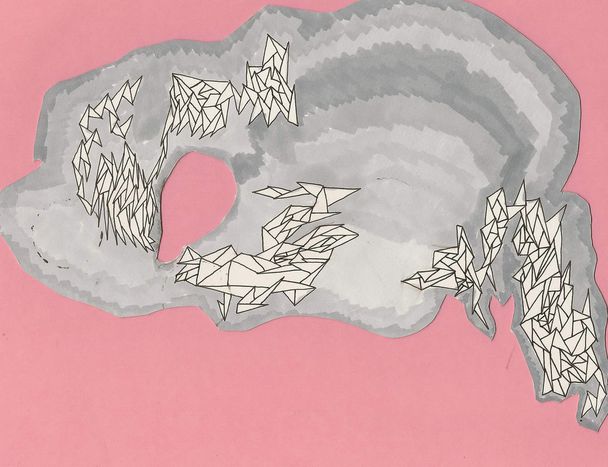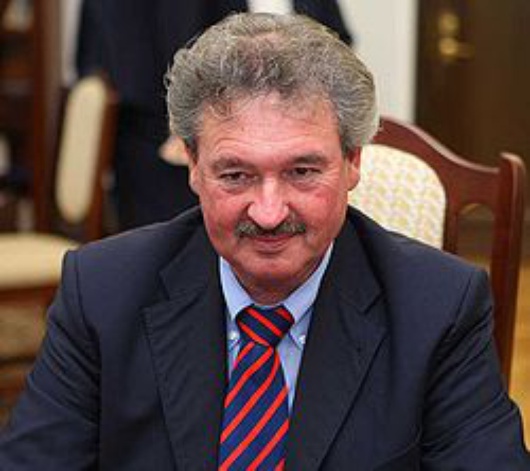
Europe in the World
Published on
by Kevin Perry
The banking sector “is not out of the woods yet” claimed Jean Asselborn, Vice-Prime Minister and Minister of Foreign Affairs of Luxembourg at the London School of Economics recently in a lecture entitled "Europe in the World", as he warned against re-nationalisation of banks.
The crisis was caused, he argued, by the unwillingness of economic actors to submit to necessary regulation, and their complete failure to self-regulate but he added that a resurgence of protectionism will only worsen the situation.

(Photo of Jean Asselborn courtesy of Wikipedia)
He was in London to meet with the FCO, but took the opportunity to speak about the three topics at the top of Europe’s agenda, namely the economy, the environment and what he called “defending values”, which focused on stabilising and mediating conflicts, particularly in the Middle East.
But before all that he wanted to deal with some of the stereotypes attached to the European Union – particularly that all they are concerned about is spurious regulatory concerns like the straightness of bananas. Attempting to address concerns about democratic accountability, Asselborn described the EU as first and foremost a peace project, and claimed that rather than an invisible hand, it is driven by people and based on political and social co-operation.
On the climate, Asselborn argued that the EU had set itself ambitious climate change targets, and pointed fingers at the US for “dragging its feet in this crucial area.” He applauded Barack Obama’s “new era of responsibility” but warned that Obama cannot fulfil everyone’s dreams on his own. His plans to tackle climate change were unremarkable, however, simply suggesting that we need to encourage cars which produce less harmful emissions. He gave as an example the fact that Luxembourg offers financial incentives on cars with lower emissions, but there was hardly a radical plan for change.
The mention of the new president took him on to security, and he made it clear that the EU welcomed the planned closure of Guantanamo Bay, describing it as a “humanitarian issue”. He added that if former Guantanamo prisoners asked to come to the EU, European governments “would not be able to say no”. In terms of their relationship with the USA, he argued that in the past Rumsfeld had split the EU into ‘old’ and ‘new’, but that now the EU must present a unified front – perhaps a criticism of the UK’s “special relationship”.
Asselborn pointed out that the conflict between Russia and the Ukraine had highlighted how vulnerable the EU can be, and also how reliant it is on Russian gas, but added that the handling of South Ossetia showed EU unity. He argued that while EU – Russia relations remain undeniably strained, the task of improving them was made easier by friendly relations between the US and Russia.
In terms of Israel and Palestine, he argued that a continuation of the current situation would only create more misery and strengthen Hamas. He said that the fact that Hamas are terrorists is beyond dispute, but it should be acknowledged that the current situation will not keep Israel safe. In the short term, humanitarian aid and reconstruction is desperately needed, and in the long term the EU should support moderate voices in the region - he declared his pleasure that the US is engaging with Iran. He also stated in the starkest possible terms that Gaza at the moment is “a prison”, but also stated that Arab voices must be pressured to stop Hamas, stressing the importance of Egypt.
He closed by urging that “the deadlock over the Lisbon Treaty must end quickly” if the EU is to establish itself as an unified power in the world.



